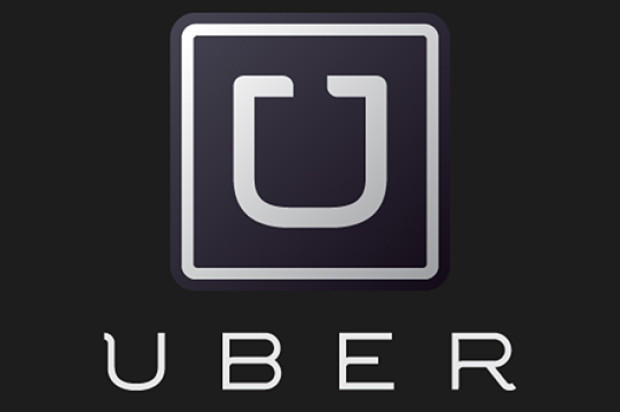
A drivers’ lawsuit against Uber Technologies Inc. can go to trial as a class action on behalf of thousands of drivers for the ride-service company, a federal judge ruled in San Francisco Tuesday.
U.S. District Judge Edward Chen in a 68-page ruling certified parts of a lawsuit filed by three drivers in 2009 as a class action on behalf of some of the California drivers who find passengers through San Francisco-based Uber.
Issues in the group lawsuit will include whether Uber drivers are employees rather than independent contractors, and thus eligible for protections under California labor law, and whether they are entitled to tips that were never passed on to them.
The class will include UberX, UberBlack and UberSUV drivers who have driven for Uber since August 2009, who signed up to drive with Uber or an Uber subsidiary under their individual name, and who did not sign an arbitration agreement the company established in mid-2014.
Shannon Liss-Riordan, a lawyer for the drivers, called the decision “a major victory for Uber drivers.”
“It will allow thousands of Uber drivers to participate in this case to challenge their misclassification as independent contractors, as well as to attempt to recover the tips that Uber advertised to customers are included in the fare, but are not in fact distributed to the drivers,” she said.
Liss-Riordan said she didn’t yet know exactly how many drivers will be in the class but estimated the number as “many thousands.”
An Uber spokeswoman said the company’s initial estimates put the size of the class at less than 15,000.
Uber has a total of 160,000 drivers in California.
The company said in a statement it will probably appeal to the 9th U.S. Circuit Court of Appeals.
“We’ll most likely appeal the decision as partners use Uber on their own terms, and there really is no typical driver — the key question at issue,” the company said.
No trial date has been set, and an appeal would delay a trial. Chen scheduled a case management conference on the lawsuit for Oct. 22.
Uber argued that its drivers didn’t have enough in common to justify a class action.
But Chen wrote, “At bottom, it appears that common questions will substantially predominate over individual inquiries with respect to class members’ proper employment classification” under standards set for such cases by a California Supreme Court ruling in 1989.
In a separate case, the California Labor Commissioner’s Office ruled in June that former Uber driver Barbara Berwick was an employee, not an independent contractor, and was entitled to about $4,000 in reimbursement of business expenses for mileage and bridge tolls during two months of driving for Uber in 2014.
That decision, which is being appealed by Uber, applies only to Berwick.
Julia Cheever, Bay City News









